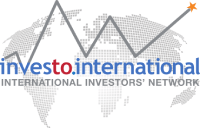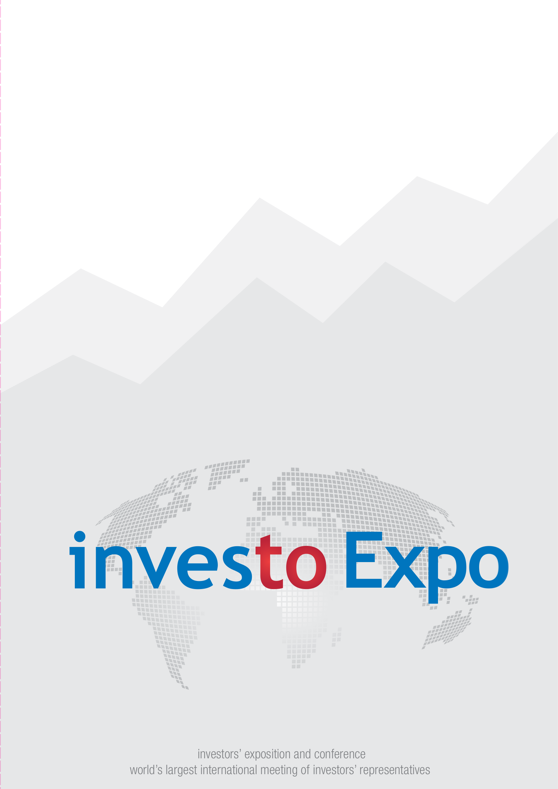Peter Stanovnik of the Institute of Economic Research highlighted access to loans, a poorly developed capital market, lack of foreign capital, small capacity for venture capital, government efficiency, business efficiency and institutional framework as the main problems hampering foreign investment.
But he was quick to point out that these were also the main complaints of domestic investors and businessmen.
On the other hand, in international competitiveness rankings Slovenia always ranks high in terms of educated labour force and good infrastructure.
Matija Rojec, an expert on foreign direct investment at the Faculty of Social Sciences, said Slovenia was not happy with the level of inward FDI, tough FDI stock more than doubled between 2005 and 2011.
Countering the perception that Slovenia is unfriendly to foreign investors, he pointed out that enterprises with foreign equity (strategic investors) were responsible for some 40% of exports and imports.
But almost half of all FDI comes from Austria, which shows FDI is more or less spontaneous process: neighbours know the situation better, know the risks and are more likely to venture here.
He claims the bad feeling stems from unsuccessful privatisation deals in the past, a perception further augmented by problems with red tape.
Noting how both domestic and foreign firms were unhappy with the business climate, Rojec said the easiest solution would be to set up special economic zones, using them as economic policy tools and to put pressure on administration in general to simplify procedures.
"Politics is the main problem in this country, it is the source of all the problems, but without political solutions nothing will happen," he said.
Rojec proposed that everything bar key infrastructure and public services companies should be privatised, starting with NLB bank. "That would send a good message and change people's thinking."
Simon Mastnak, an independent consultant and former executive at Ljubljana Stock Exchange, also called for privatisation.
Mastnak said he was a "huge fan of privatisation", but he noted that the financial market would not be very helpful, as there are very few listed companies and liquidity is poor.
"In Ljubljana there are only about ten shares that we call liquid, but if the whole market was one share, it would not be considered a liquid share by the EU's Markets in Financial Instruments Directive," he said.
Igor Plestenjak, director of the Public Agency for Entrepreneurship and Foreign Investment, was however more upbeat about the Slovenian market, noting that investors recognise Slovenia as a country with a loyal and business-oriented workforce, and good business links with neighbouring countries.
"Buy now, Slovenia will not be cheaper again," he said, urging potential investors to "don't listen to us, listen to satisfied investors from abroad; Slovenians are unhappy not because the situation is so bad, it is because they are so ambitious."
The panel was held on the final day of the Investo Expo conference, an event bringing together small shareholders from over 40 countries worldwide that was organised by the Pan-Slovenian Association of Small Shareholders (VZMD).
On the final day of the meeting, the assemblies of Euroshareholders and Eurofinues, two associations representing individual investors, decided to merge effective on 1 January, creating an organisation representing some four million shareholders from 40 European groupings.







 Ljubljana, 20 September (STA) - Hundreds of representatives of investors and shareholders from 55 countries have gathered in Ljubljana for Investors' Week, an event focusing on the latest developments on European capital markets.
Ljubljana, 20 September (STA) - Hundreds of representatives of investors and shareholders from 55 countries have gathered in Ljubljana for Investors' Week, an event focusing on the latest developments on European capital markets.








